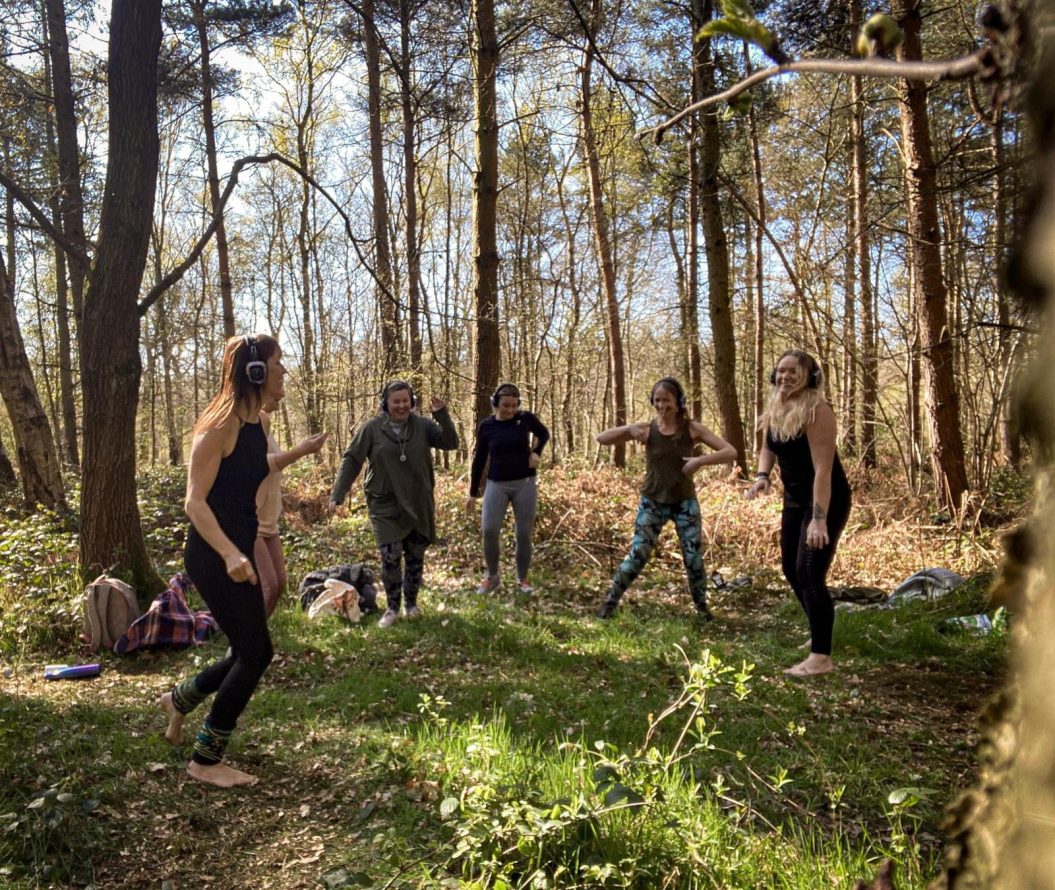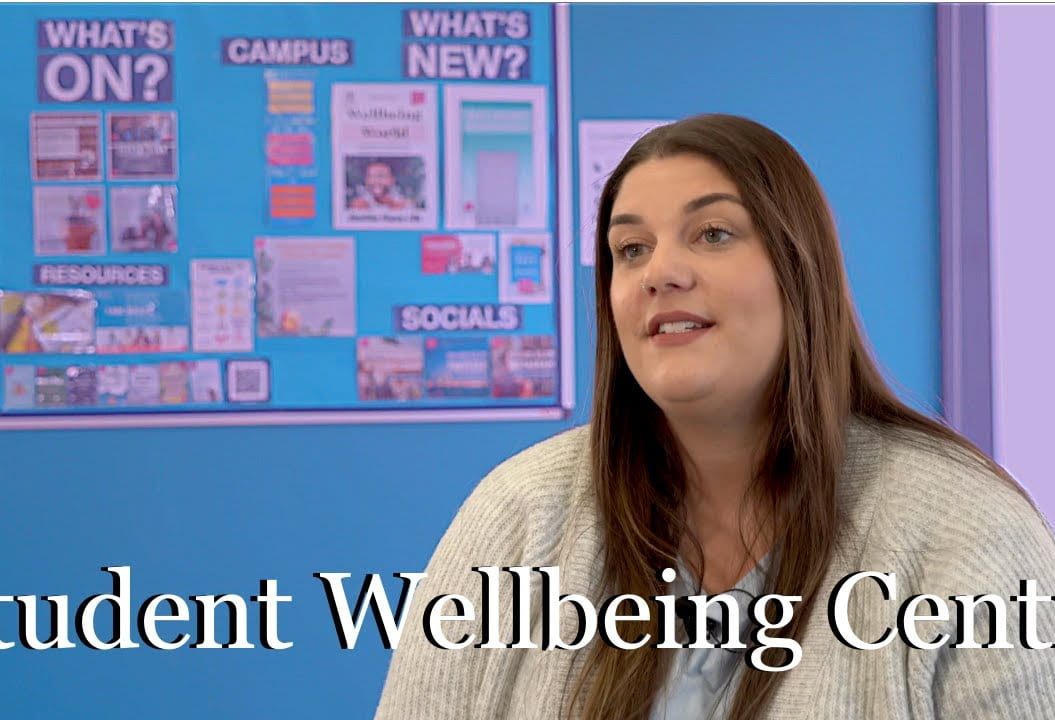
If you don’t know already, a university reading list is a list of books, journals and other sources that your tutors have recommended you read, as they will help to improve your knowledge on your course, and the topics within it.
Reading lists will normally appear within your module guide, but may also come as a separate document. You will also usually be able to access this online too!
When you need to begin your research for an essay or assignment, it can be quite daunting, and what I struggled with the most is where to begin. The library has such a vast collection of books, however knowing exactly where to begin can be a struggle, especially when you’re new to the library and university.
The reading list should become your holy grail. It includes all the books your tutors think will be useful, and they usually are!
I’d recommend going to the library and trying to find as many as the books you can on the list, and then highlighting or noting down the ones which are particularly useful, and then when it comes to writing assignments, you can go back to the list and have a shortlist of the ones which you particularly like.
I know so many other students who, in first year, rushed out to buy all of the books on the reading list.
This is usually not necessary at all and comes with a huge price tag. You might feel pressured to get organised, and therefore own all of these books, but you will later find out that the majority of the books will be available in the library either as physical copies or ebooks.
You can then use these as and when you need them, or after sifting through the list you can decide the few books which you find particularly useful or relevant and buy these rather than the entire list.
Another great way to save money if you do want to buy some of the books is to buy them second hand. Students who are leaving university, or transitioning into the year above you, may already have the books which you need.
Second-hand books are often advertised online and on Facebook groups for a fraction of their new price!
Not only do the books on the course reading list become a really useful source for beginning assignments and essays, they also help to expand your general knowledge of the course. If you manage to find the time to do some further reading, it can be so beneficial to your learning on the course, and also put you in a great position for the learning to come.
It can be so easy to flick through a module guide and pay no attention to pages such as the reading list, however, if it’s something you get in the habit of studying each semester it can become such a useful resource for your learning.
This article is featured on Learning at Lincoln.
Please note: This content was created prior to Coronavirus, and some things might be different due to current laws and restrictions. Please refer to the University of Lincoln for the latest information.
- Topics
- Reading list



